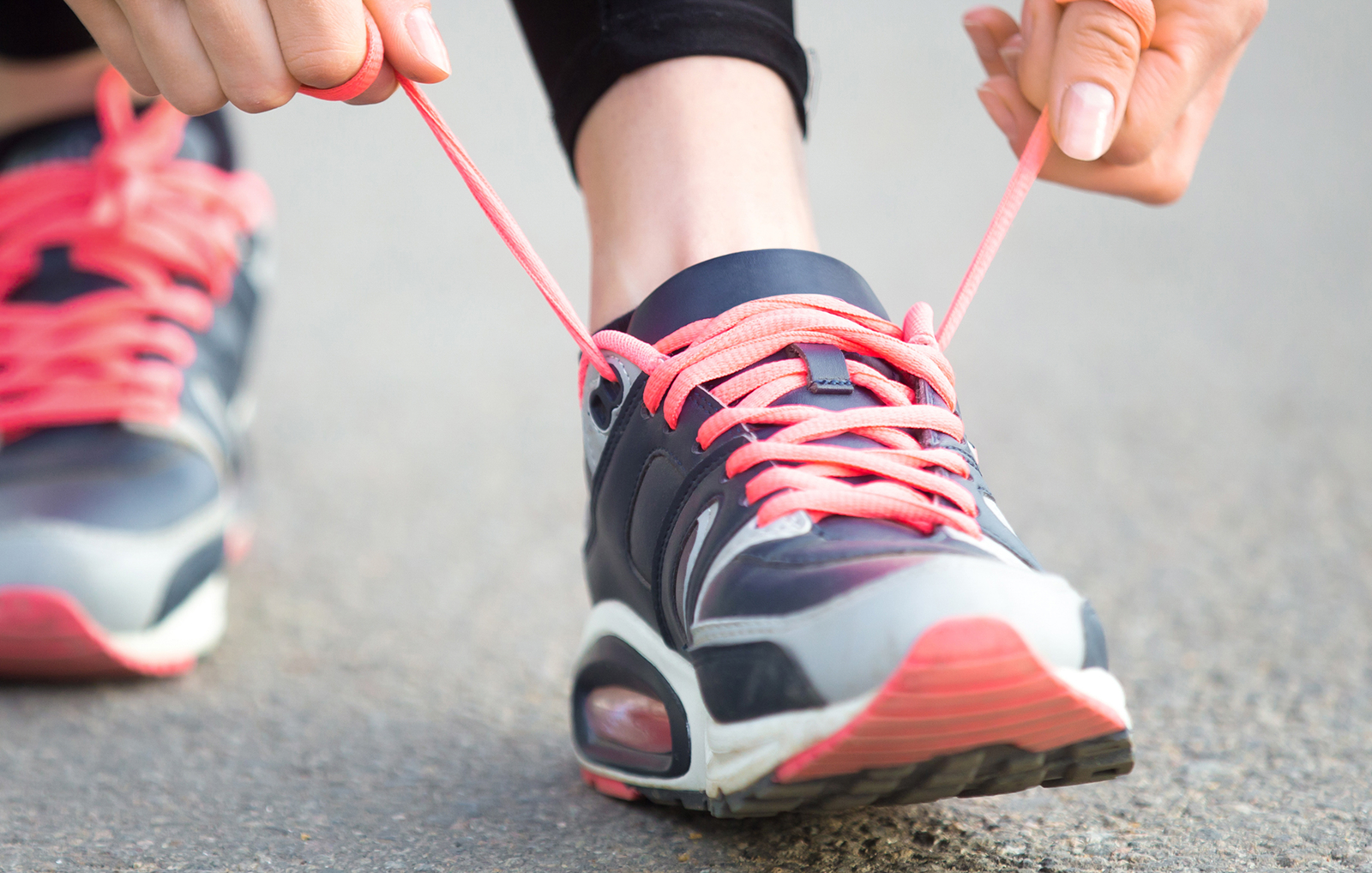
People with CKD have a higher risk of developing heart and blood vessel problems, even in the early stages of kidney disease.
In fact, you're more likely to have a heart attack or stroke if you have CKD, especially if you also live with high blood pressure, diabetes, or high cholesterol.
Your kidneys and heart work closely together. When your kidneys don’t filter blood as well as they should:
This means looking after your kidneys can help protect your heart—and vice versa.
Having CKD doesn’t mean you’ll definitely develop heart problems, but it does raise the chances, especially if other risk factors are present. Some of these you can change, like diet or smoking. Others, like age or family history, are outside your control.
The important thing to remember is that small changes can still have a big impact. Understanding your personal risk can help you take the right steps to protect both your kidneys and your heart.
Common risk factors include:
Many of the steps you take to manage CKD will also protect your heart. These include:
Speak to your healthcare team if you notice:
These could be signs of changes in your heart health—and getting support early can make a big difference.
Disclaimer
This article is for educational purposes only and should not be used as a substitute for medical advice. Always speak to your doctor, nurse or pharmacist about your individual care. The information reflects NHS and NICE guidance at the time of publication.